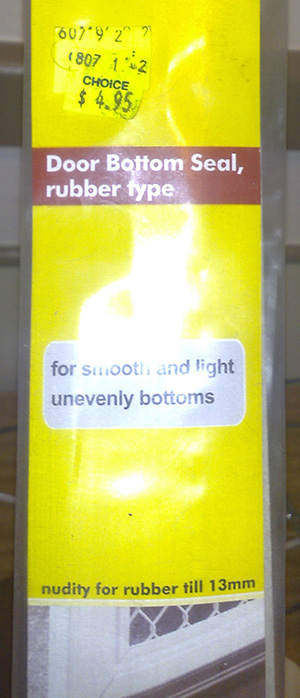Grammar peculiarities: "Mose well"
I find it kind of satisfying when I Google the crap out of something and don't ultimately come up with a decent result. It means a couple of things:
- it means I'm looking for something incredibly obscure, which is always satisfying
- it means there's an opportunity to fill a gap in the internet, even if I'm filling it with my own opinion
Case in point, the phrase (or fragment of a phrase), mose well.
It means, rather obviously, "might as well". "I might as well eat an apple" could be contracted to "I mose well eat an apple".
Some examples, trawled from the results of a Google search:
It's more of a verbal slur than a contraction, and its something that has found its way into writing by purely descriptive means -- people writing they way they speak.
A brief aside on prescriptive versus descriptive recording of language, if I may --
When the words and usage of a language are recorded in the way they should be used, the recording is prescriptive. It's giving an instruction (a prescription, if you will) for how to use the language. A dictionary, usually, is prescriptive.
Descriptive recording is the recording of a language as it is spoken, with all its flaws, with the kind of "bad grammar" that evolves over time through a culture of people who use the language as a tool for communicating efficiently with one another. Historically, this kind of record is found in the writings of authors who mimic the voice of characters, inflections and pronunciations exaggerated or enhanced. Today, you'll find it everywhere, from Facebook status updates to "txt speak" and SMS messages.
There's some discord among scholars and pedagogues about which of these methods of recording is right or good, and at the end of the day the answer is always both and neither.
I digress.
Mose well is an informal contraction of "might as well". The closest similar terms I can think of are informal abbreviations like should of, would of and could of. These three examples are descriptive recordings of pronunciation, where the "ov" sound of the contracted "have" in should have, would have and could have has been replaced with its homonym: the word of. In my opinion -- for what that's worth -- should of, could of and would of are wrong. It's entirely possible they're going to worm their way into the English language anyway.
They mose well.





